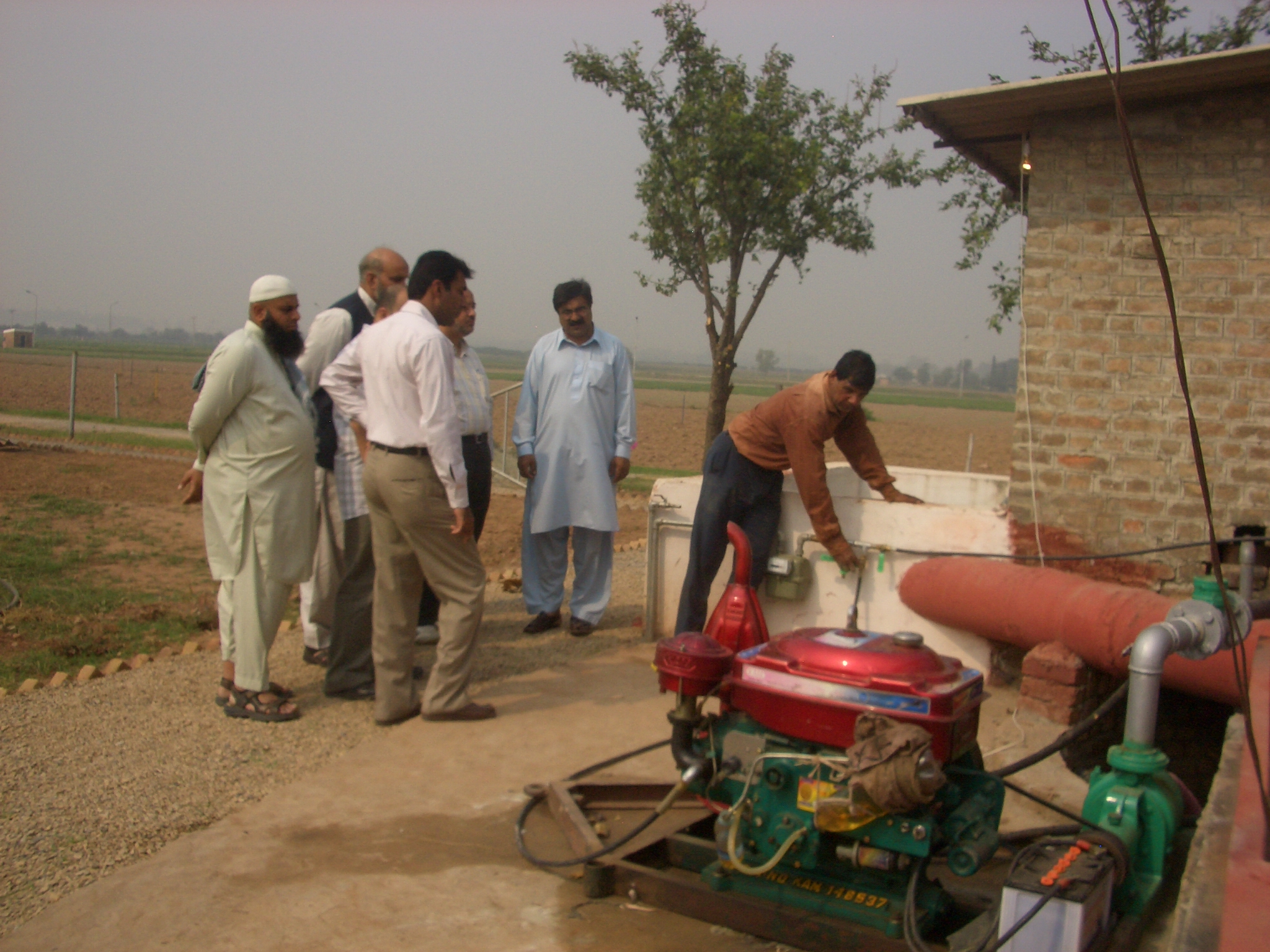Environmental Benefits
Environmentally friendly recirculation of organic waste from industry and households.

ENVIRONMENTAL BENEFITS OF BIOGAS
- Biogas is environmentally clean, hygienic for the households and human environment.
- Rural communities use fuel-wood and cow dung for cooking and heating, which is not only costly but also emits smokes that affects their health and pollute indoor environment.
- Provision of biogas will decrease the dependence of rural households on forests and therefore deforestation will greatly be reduced especially in the critical upland watersheds of great ecological significance.
- Traditionally, cow dung is mostly dumped in the courtyard of rural households, which harbours insects, flies and emit foul smell that affects the health of the residents.
- Dumping of cow dung in open results in emission of greenhouse gases that leads to global warming, biogas collect methane from the cow dung in biogas digester and control emission.
- Cow dung, a rich source of organic fertilizer lying in open may turn into hard cakes and is not decomposed properly. Using cow dung in biogas digester produce decomposed organic manure that can be used in agriculture as a rich source of organic fertilizer and thus help in enforcing the Convention on the Persistent Organic Pollutants that Pakistan has already ratified.
- Biogas plant solve most of the environmental problems, as fresh cow dung is dumped in the digester, which allows collection of methane and other gases and the cow dung is decomposed and its slurry automatically oozes out without any smell or odor.
- Production of biogas on regular basis can ensure provision of decentralized renewable energy on regular and sustainable basis to the rural community and thus contribute to Pakistan commitments for increasing renewable sources of energy replacing use of fossil fuels.
- Biogas plant ensures safe handling of the farmyard manure without any problems of health and hygiene in the vicinity of the household.
- Biogas technology being anaerobic can earn carbon credits under the Clean Development Mechanism (CDM).
- The use of decomposed organic manure produced in the biogas digester (which in itself is a biological process) in agriculture, horticulture, and rangelands will support biological processes and help in the protection and revival of biological diversity in almost all the ecological zones of Pakistan.
Go green, so there will be a better tomorrow
Biogas is considered to be a renewable resource because its production-and-use cycle is continuous, and it generates no net carbon dioxide.

